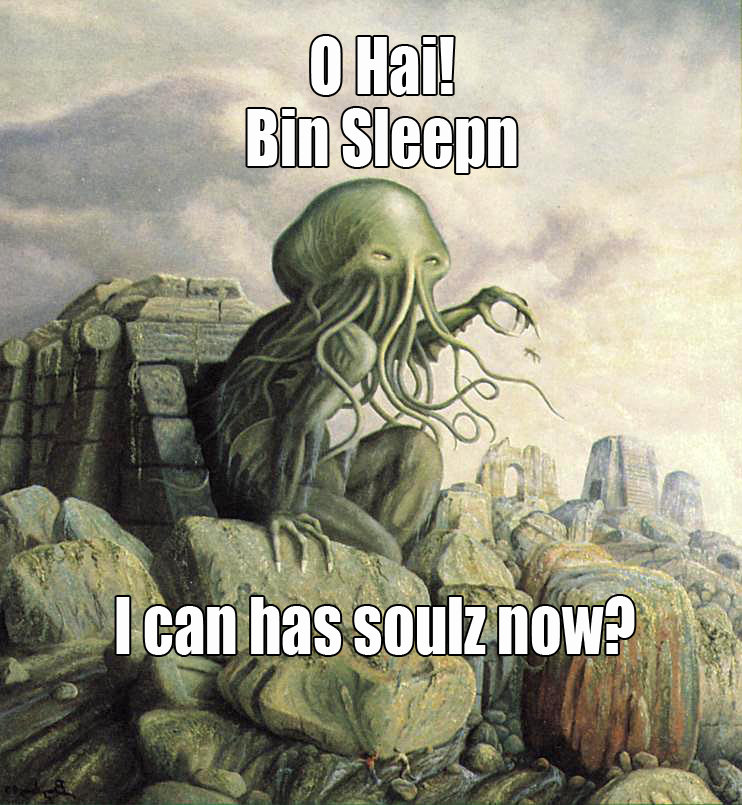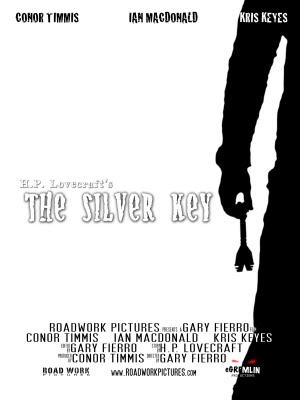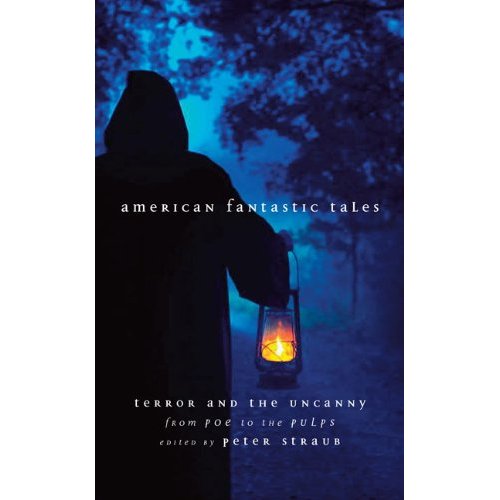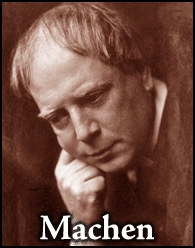
Nothing rings in the holiday season like cosmic horror. So, without further ado, let’s look at upcoming publications featuring either the works of the Man From Providence or those of his acolytes, all of which bear some connection (sometimes tenuous) to Our Reason For Being here at The Cimmerian.
Courtesy of Coming Attractions, we find that Girasol Collectables, publishers of several fine facsimile editions of the pulp appearances of Robert E. Howard, is gearing up to present two volumes collecting all the stories of Lovecraft which appeared in Weird Tales. Here’s the blurb:
Girasol Collectables
THE WEIRD WRITINGS
OF H. P. LOVECRAFT
Coming Spring 2010!
All of Lovecraft’s fiction from the original run of WEIRD TALES, in facsimile form right off the original pulp pages!
Girasol Collectables is pleased to announce their upcoming hardcover project, which will be the Weird Writings of HP Lovecraft.
It’ll be similar in format to their REH books; facsimile scans right from the original pages, with no edits or reset text, containing all of HPL’s material from the original run of WEIRD TALES.
A 2 volume set, with one oversized volume to cover the bedsheet issues from 1923 and 1924, and a smaller 7×10 sized volume for the standard sized issues.
Limited Edition of 200 copies.
Pre-release price of $150 + $10 s&h
until Jan. 15, 2010 (Save $25)
(within North America)
After 1/15/2010: $175
We’ll do our best to match existing numbers for REH buyers, but can’t guarantee it; get in early for the best chance at that.
Due out Spring of 2010.
(Continue reading this post)













